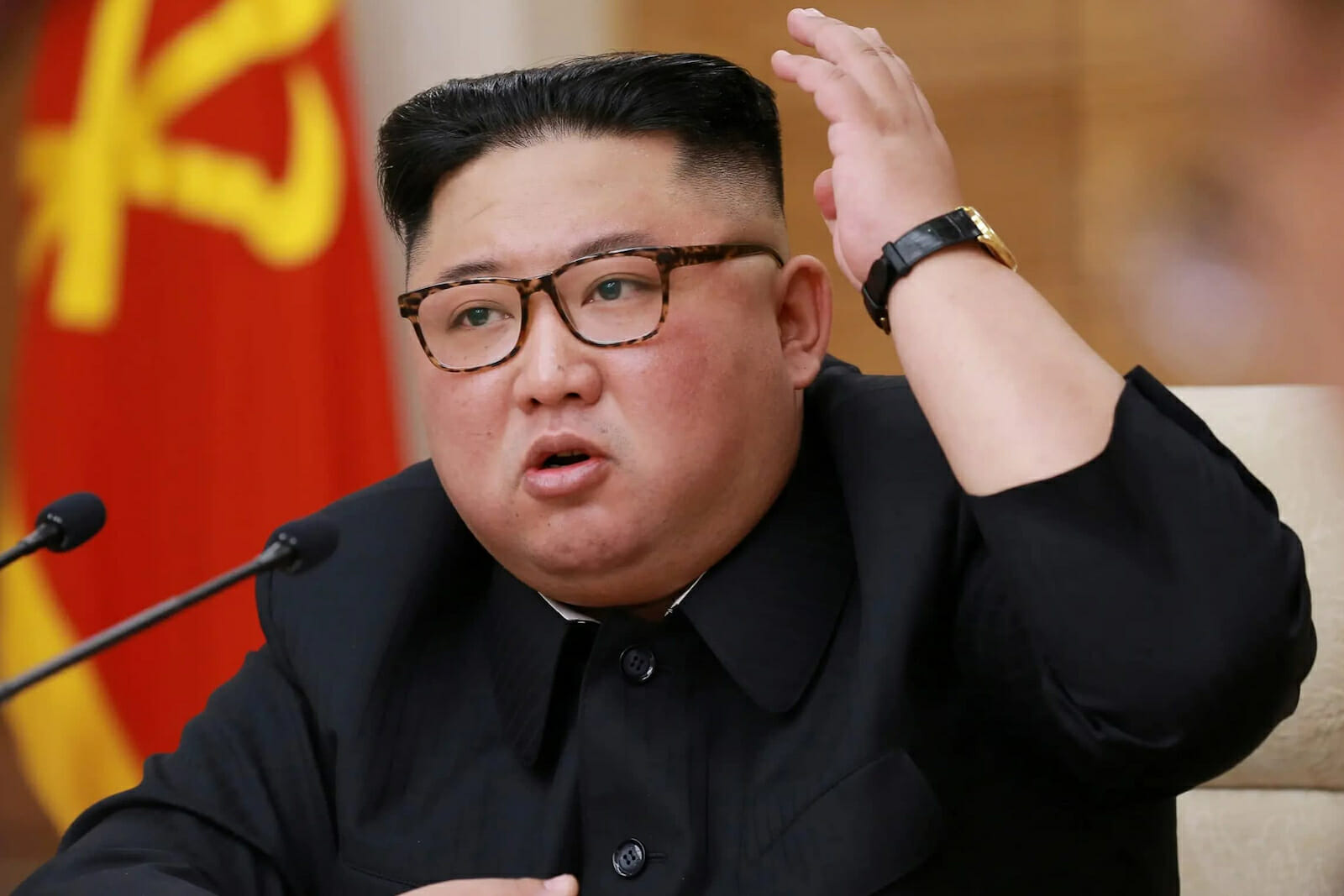
Thinking Anew: U.S. Relations with North Korea
For Americans, the Korean War is the “forgotten war,” wedged between World War II and Vietnam. For North Korea, the traumas of the war that killed more than a million North Koreans have not healed. Since then, the North Korean government has viewed the U.S. with fear and contempt. The U.S. has done little to change these perceptions.
The longstanding U.S. policy consensus has been that as long as North Korea pursues nuclear arms, it poses a threat to the security of the U.S. and its Asian allies. We need to think anew. We need to understand that North Korea has sought nuclear arms because it has been besieged by the U.S. for decades. Mutual antagonism has contributed to mutual insecurity. The U.S. should normalize relations with North Korea to resolve these insecurities and end the Korean War.
A drastic shift in policy is necessary given the stakes. Nuclear war is unthinkable. Normalization is the first stepping stone on the path to stable peace on the Korean peninsula. The U.S. is long overdue for a proactive, positive approach to this relationship.
U.S. policy toward North Korea has relied on a limited toolkit, primarily sanctions. They have neither halted North Korea’s pursuit of nuclear arms nor improved prospects for Korean reconciliation. Past policies have been reactive and retaliatory, ignoring the structural conditions contributing to mutual distrust and reinforcing North Korean perceptions of the U.S. as an existential threat.
By signaling a commitment to peace and ending the Korean War, America can progress toward a less adversarial relationship. Kim is not a madman out for destruction. He pursues nuclear weapons because he is motivated by the desire for legitimacy and security that has driven other states to pursue them. He distrusts the U.S. and is insecure because of America’s long-standing goal of regime change and its security alliance with South Korea. The U.S. should explore avenues for engaging with North Korea other than threats and punishments.
The U.S. should also support the policy of South Korean President Moon. He has articulated a policy of inter-Korean peace and economic engagement. As a responsible ally, the U.S. should encourage goodwill between the Koreas by resolving the security dilemma at the heart of North Korean insecurity. The U.S. should establish formal diplomatic liaison offices in Pyongyang and Washington. Liaison offices can play a powerful role in building trust between the U.S. and North Korea, just as they did during the 1990s in Vietnam. If South Korea actively supports normalization despite the threat that North Korea poses, the U.S. should help South Korea make this vision a reality.
Ending economic warfare against North Korea is a clear signal of U.S. commitment to a renewed relationship. By dialing back sanctions, the U.S. can promote inter-Korean projects, introducing unprecedented opportunities for shared economic growth to the Korean peninsula. In concert with sanctions elimination, the U.S. should answer the call of the UN and resume its aid commitments to North Koreans.
There are rightful concerns about Kim’s human rights violations. Many argue that there are no serious prospects for peace as long as Kim remains in power, and normalizing relations legitimizes his rule. Too often, American political thinkers exploit the humanitarian crisis to justify hawkishness. These critics offer unacceptable alternatives to normalization: either continue the failing sanctions regime indefinitely or resort to violence. The sanctions have not worked, and there is no evidence that tightening the screws will work either. Any military action against DPRK would require massive resources and would likely reignite war on the peninsula. Peace is never easy, but it is surely a more palatable path.
The North Korean government has known only enmity from the U.S. for the past 70 years. If the U.S. abandons antagonism and division, there is hope for peace and reconciliation on the Korean peninsula. Normalization is the first step. With hard work and cooperation by all parties, we can build a path toward peace.
